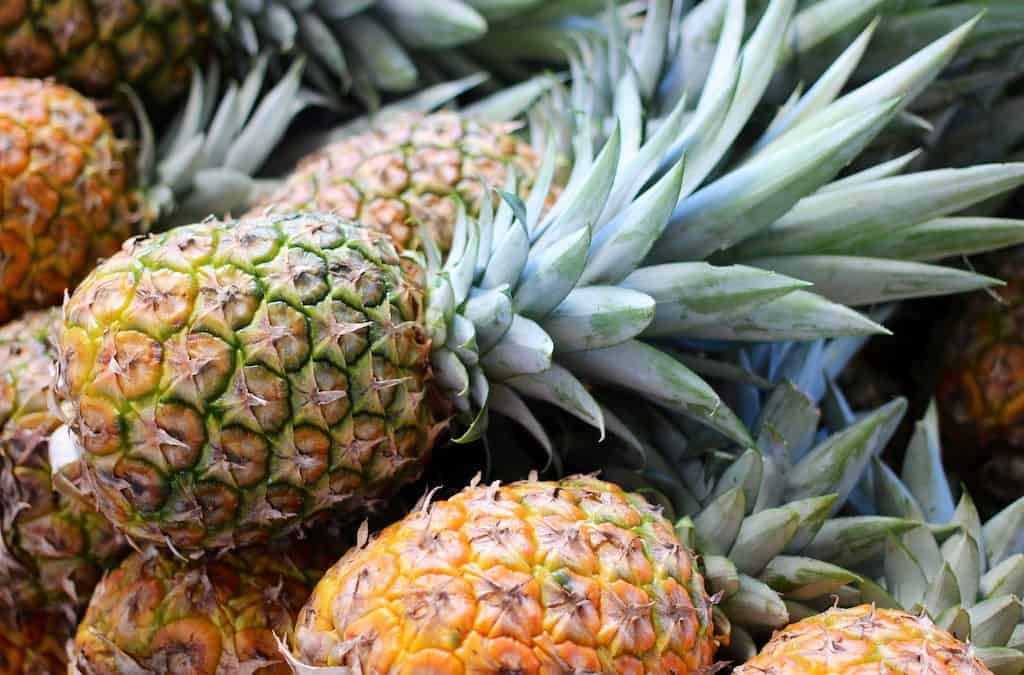The Hidden Cost of Pineapples: Environmental and Health Concerns in Costa Rica’s Pesticide-Driven Industry
Costa Rica, known for its stunning natural beauty and commitment to sustainability, faces a stark contradiction in its pineapple industry, plagued by heavy pesticide use. This industry, pivotal to the country’s economy, stands accused of causing significant environmental damage and posing health risks to workers and locals.
The Allure and Perils of Costa Rican Pineapples
The pineapple industry in Costa Rica, a primary supplier to the UK and the U.S., holds a dominant position in the global market. However, beneath the industry’s lucrative façade lies a grim reality of environmental degradation and health hazards. Large-scale pineapple farms, reliant on potent pesticides, have been linked to serious health problems in communities and workers, while also contributing to ecological issues like deforestation and soil erosion.
A Tarnished Paradise: The Environmental and Human Cost
Costa Rica’s extensive use of pesticides in pineapple cultivation, one of the highest per hectare globally, raises concerns about the long-term viability of its ecosystems and the health of its citizens. Communities near pineapple plantations report alarming rates of illnesses, attributed to pesticide exposure. These toxic chemicals, many banned in other countries, continue to be used extensively, leaving a trail of environmental and human suffering.
The Plight of Pineapple Workers: Exploitation and Health Risks
The pineapple industry’s reliance on migrant labor, particularly from Nicaragua, has exposed workers to hazardous conditions, including exposure to high levels of pesticides. These workers, often paid significantly less and vulnerable to exploitation, face severe health risks and little to no recourse for workplace grievances.
The Economic Paradox: Wealth Without Welfare
Despite the pineapple industry’s significant contribution to Costa Rica’s economy, the benefits are overshadowed by the extensive environmental and healthcare costs. The lack of substantial taxation on pineapple production means that, while lucrative for companies, the industry offers limited economic benefits to the local community and strains the country’s healthcare system.
Consumers’ Dilemma: The Choice Between Health and Convenience
The global consumer’s role in this crisis is significant. The lack of rigorous testing for pesticide residues on imported pineapples means that consumers are often unaware of the potential health risks associated with non-organic pineapples. Organic alternatives, though more expensive, offer a safer choice, both in terms of health and environmental impact.
The Road to Reform: A Call for Sustainable Practices
There is a growing call for the phasing out of harmful pesticides in pineapple cultivation, with a shift towards more sustainable and organic farming practices. Some farms in Costa Rica have already made significant strides in reducing pesticide use, proving that a more sustainable approach is both feasible and beneficial.
The Global Responsibility: Ensuring Ethical and Sustainable Production
The international community, particularly importing countries, bears responsibility for enforcing stricter standards and supporting sustainable practices in pineapple production. The cessation of exports of banned pesticides from countries like the UK to Costa Rica is a crucial step in this direction.
Costa Rica’s Crossroads: Balancing Economic Growth and Sustainability
Costa Rica stands at a critical juncture, needing to balance economic growth with its commitment to environmental sustainability and public health. The pineapple industry’s future hinges on adopting more responsible farming practices that safeguard both the environment and the well-being of workers and local communities.


1 comment
[…] Source link […]